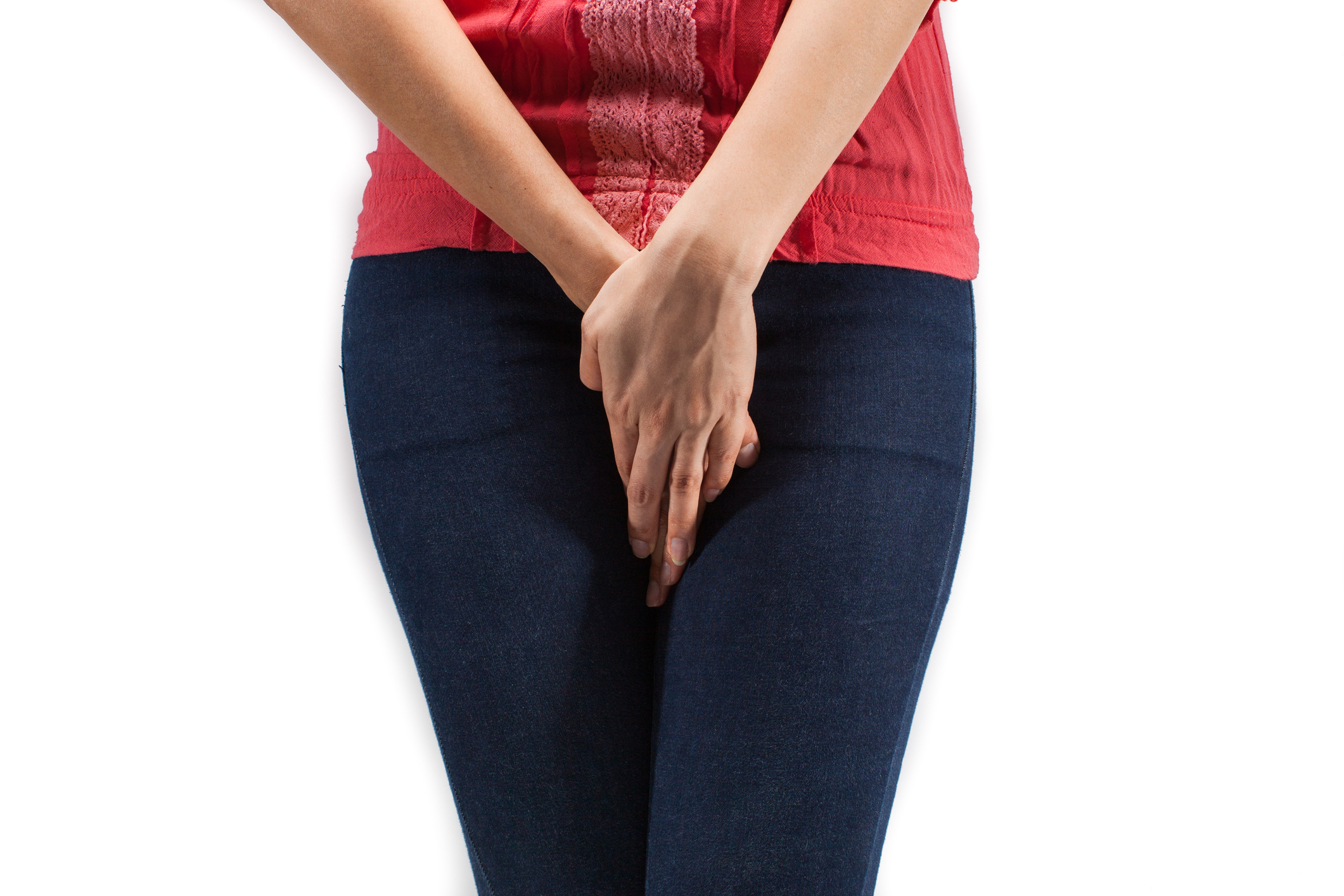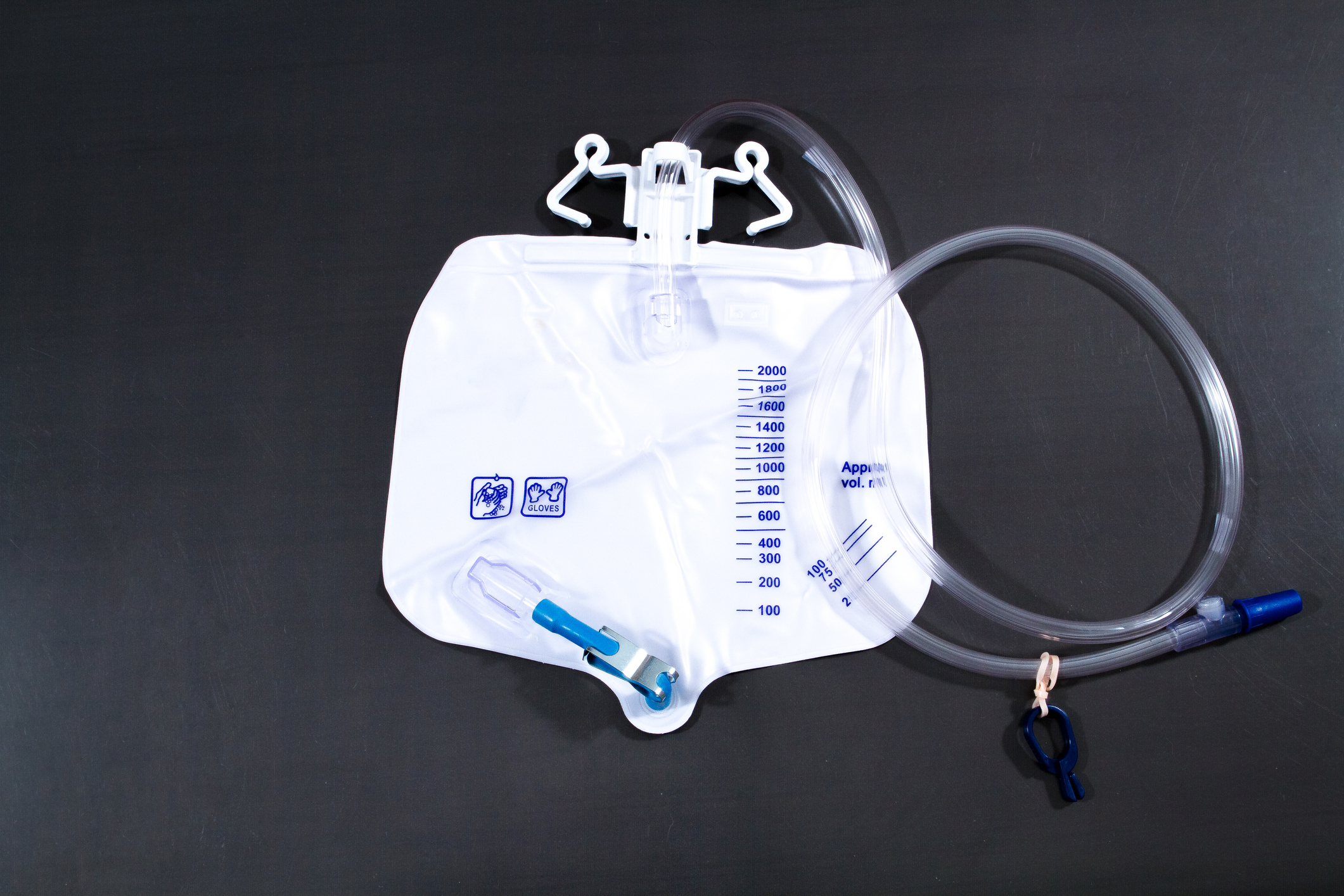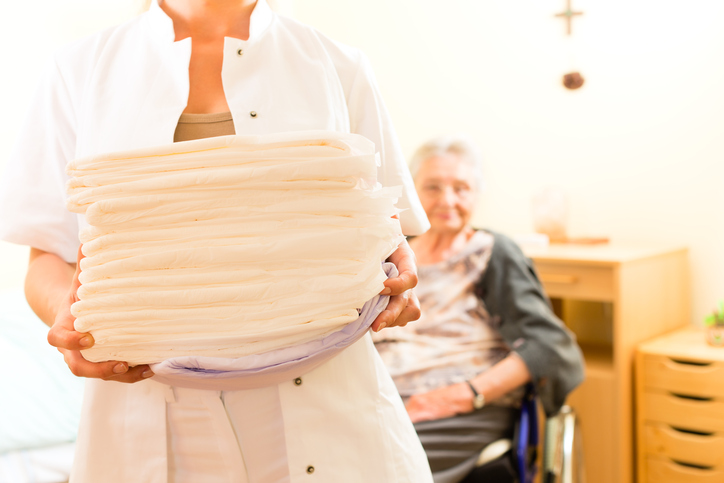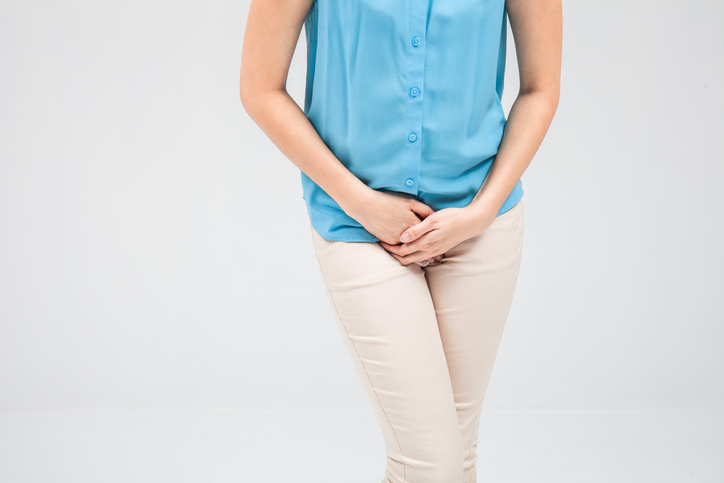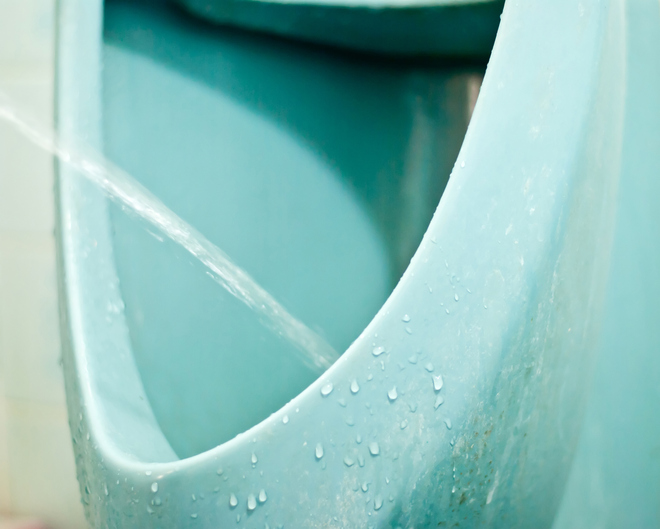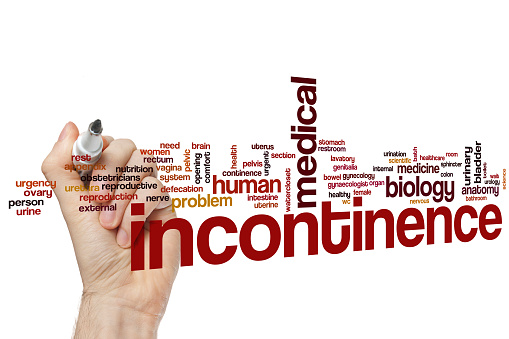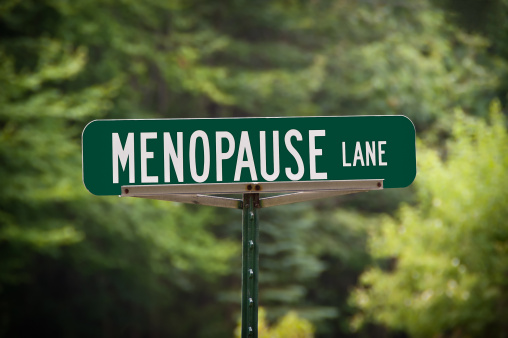Bladder training for urinary incontinence and urge incontinence
Bladder training may be a beneficial treatment for urinary incontinence and urge incontinence. Urinary incontinence is when urine leaks occur, and urge incontinence is a form of urine leakage resulting from a strong urge to urinate. Bladder training is a type of behavioral therapy for retraining the bladder in order to prevent leaks. The goal ...click here to read more

